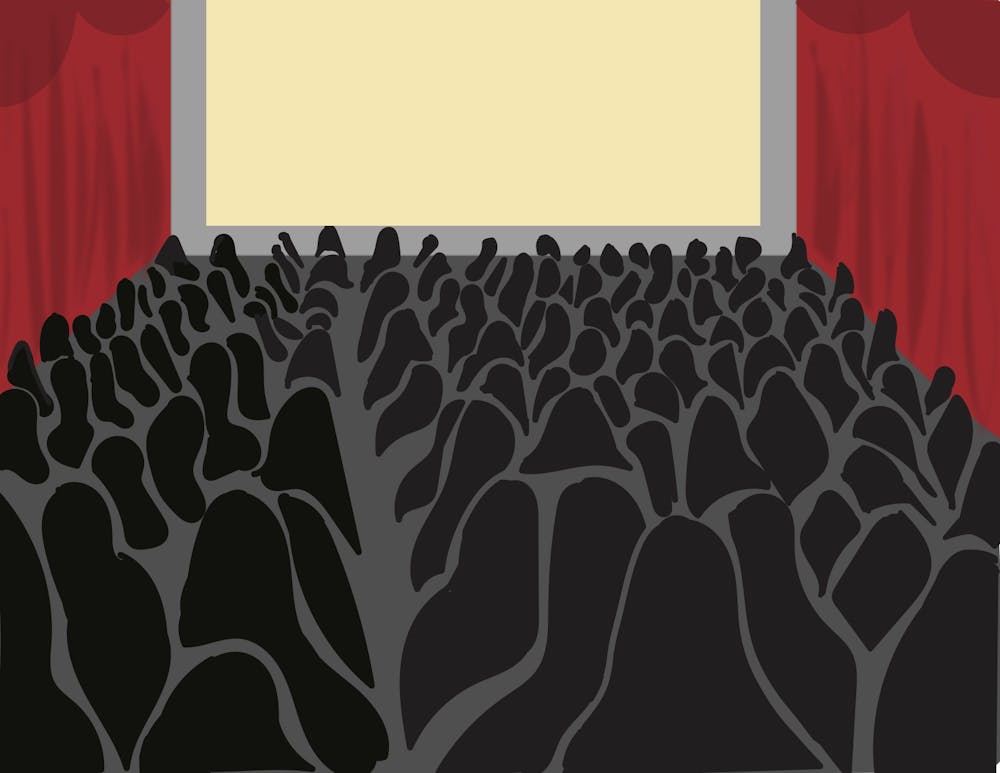University President Jim Ryan and Executive Vice President Ian Baucom recently authored a guest column arguing free speech is “alive and well” on Grounds. Their article is perhaps one of the few uncritical responses to one of The Cavalier Daily’s recent lead editorials, which challenged Mike Pence’s upcoming talk at Old Cabell Hall. The vast majority of those on social media who publicly responded to the editorial believed that it signifies a dissolution of free speech at the University. While I appreciate Ryan and Baucom’s defense of the Editorial Board’s right to print the article, I believe their guest column engages in a common tactic of over-glorifying free speech.
Make no mistake — I am not under the illusion that the University would ever consider canceling the Pence event. The former vice president’s visit is something for them to tout no matter his beliefs, and it’s clear Ryan and Baucom indeed do just that. While I do not support the talk, I’m also a student, not a high-level administrator. I have no power to cancel the event, and I find it comical that numerous responses to the editorial fear a group of six 20-year olds could.
It is a common, if simplified, argument that free speech does not allow one to scream fire in a crowded theater. Those criticizing the lead editorial did just that, though — sanctifying free speech to ignite people into an online panic. The free speech argument is a curtain that people often hide behind, so much so that this concept has lost any semblance of meaning. As a simple phrase, it’s no more meaningful than that imaginary fire in a crowded theater. It’s much more an impulsive rallying cry — for people of all political parties — when they feel their privilege is being even marginally challenged. As soon as that panic of losing privilege prevails, the argument becomes one in which Constitutionally-ordained free speech is supposed to be a freedom for all — in which the Constitution should remain uncontested territory.
Let us all remember — free speech was not created for everyone. It was introduced by slaveholders, imperialists and men who directly profited off the slaughter of indigenous populations. The University’s founder Thomas Jefferson was one of these men, and glorifying him only ignores his abhorrent slaveholding practices and creation of the University as an all-male school — this school’s conception of free speech has almost always been limited to historically privileged groups. Today, free speech remains just as contradictory as its origins. When women, LGBTQ+ people and Black and Brown people challenge the platforming of prejudiced speech, the meat of their argument — their criticism of bigotry — is immediately drowned out by calls for free speech. Conversely, even when these groups try to use their supposed right to free speech, they are often silenced. Someone may actually need help in that crowded theater, and their voice has to fight above the commotion.
If you need to hear Pence to diversify your range of thoughts, I’ll give you the benefit of the doubt. Go online. It’s easy. Read everything he’s done and has said. Pence does not need to speak here for us to know who he is. Young Americans for Freedom isn’t inviting him to diversify thought. They are inviting him because they love him and stand by what he believes. They suckle at the chance to be in the company of a famous racist, homophobe, transphobe and misogynist.
These prejudices or the policies that institutionalize Pence’s bigotry are not simple matters of opinion. Speech is often only the beginning of hatred’s rise, and allowing the spread of hateful speech only results in harmful contestations of human rights. Words are a powerful tool, and free speech advocates often deny the actions that can come from speech's power. Columnist Max Bresticker recently challenged the lead editorial’s use of “hateful” to describe Pence’s rhetoric, arguing that “expressions cannot be deemed harmful solely based on their content.” Yet when Pence’s language explicitly denies the equality of gay people and promotes the use of conversion therapy — which increases suicide rates amongst queer and trans people — how can one possibly argue that such speech is not “harmful?” It is the very “content” of such speech as Pence’s that fuels homophobia and transphobia. To separate cause from effect is ignorant, plain and simple. For such an authority figure as Pence, his words will always be more than words — they will be a means to stir up bigotry in people’s hearts — the very bigotry that leads to challenges to the human rights of historically marginalized people.
Arguments rooted only in free speech — as outlined by slaveholders in the First Amendment — do not have real substance or sway. They fail to recognize the power speech can have and often facilitate speech that undermines the human rights of specific populations. Put simply, free speech arguments made by those with wholehearted faith in the First Amendment no longer cut it. They only reaffirm that this country is inextricable from the oppression that was essential to its founding — a founding that allotted free speech to only the most privileged.
Bryce Wyles is an Opinion Editor for The Cavalier Daily. He can be reached at opinion@cavalierdaily.com.
The opinions expressed in this column are not necessarily those of The Cavalier Daily. Columns represent the views of the authors alone.







